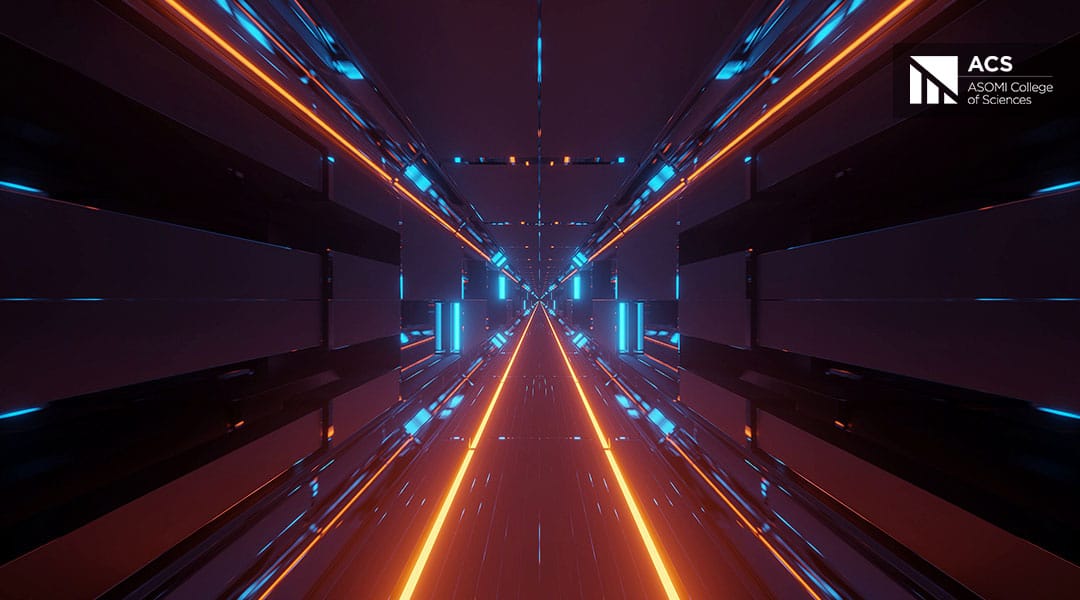The changing information and media environment, including data analytics, artificial intelligence and machine learning, are factors that are changing our lives, including how we work and learn. While the demand for a degree in higher education increases, colleges and universities still have to face many challenges. What kind of attitude should higher education institutes adapt in the current context to improve society?
The main factors are caused by the ongoing technological revolution, which made adaptation and creativity vital. For instance, while before, higher education’s main purpose was to create a so-called perfect citizenry, it is now all about being creative in a world of uncertainties. Social media, for instance, has more power on people than anything currently and, by being all about emotions and attitudes, it aims to tickle instant reactions. In fact, nowadays, even politicians often react rather than reason before important decisions. There are also large datasets that are not controlled by higher education institutes but by large corporations such as Google, Facebook or Amazon. Thus, gaining access to conducting research is now more difficult than before for colleges and universities. Institutes providing higher education have to adapt to these changes for fluid modern developments caused by technology are the thriving factors changing the entire world.
The above-mentioned factors cause challenges that institutes must face, such as educational technology and the demand for new skills and preparation of different kinds of students, including lifelong tutoring. Automation of jobs is increasing the demand for resources with a degree, and thus more and more students from different backgrounds are interested in colleges and universities. But not all freshly graduated high-school students are always fully prepared for college, making it costly for colleges to support and tutor them. Besides, universities and colleges are supposed to support students for the entire duration of their careers since lifelong learning is now the new style to keep up with current-day changes. Moreover, institutions must keep up with educational technology and the demand for the labour market’s new skills.

ASOMI College of Sciences has the best means for providing support of every kind to its students. Transforming libraries to a digital version, programing apps, or designing new programs to match new jobs skills is challenging as much as tutoring great amounts of students throughout their entire career.
In a world controlled by technology, instant emotions, and the questioning of scientific facts, higher education’s social prestige is being threatened; nevertheless, this issue could be solved by bringing about a social change. Creativity and critical thinking should be developed to encourage educated people to voluntarily improve society using the knowledge acquired during their university years. Institutions – not only the ones belonging to higher education but all of them – should promote social knowledge transfer to bring about a change.
Thus, cooperation between states, institutes and enterprises should be encouraged while using education as the basis for sustainable development. For instance, ASOMI College of Sciences promotes collaboration and knowledge through a wide range of international internships and research. All kinds of institutions should collaborate and use their knowledge to improve the environment and society.




